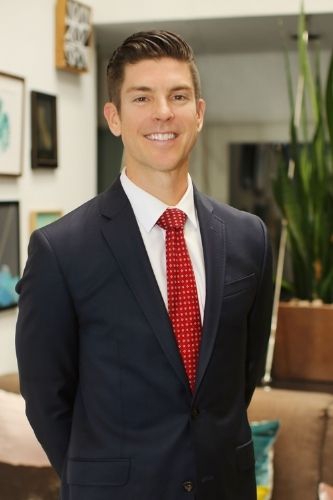A highly profitable nursing home in Orange County decided to save money by short-staffing its facility. Unfortunately, this is a prevalent practice because hiring fewer caretakers allows nursing homes to make more money. Patients in these facilities—like our client—frequently develop bedsores and other humiliating and painful injuries from being left in their feces and urine for hours at a time.
A Bed Sore Sent Our Client to the Emergency Room
Our 91-year-old client was a resident of a prominent Orange County residential care facility. She came down with an illness and was transferred to the skilled nursing area of the facility. Soon after, she ended up in the emergency room with a 102-degree fever due to a bedsore that had become septic. She had trusted the staff with her health and well-being, and they had let her sit in a soiled diaper long enough to develop an infected pressure sore. She had essentially been forgotten about and left to die.
The Family Helped Us Get a Full Picture of the Abuse
When injuries like this happen in residential facilities, it's essential to have as much evidence as possible to determine the extent of negligence. The facility's operator may claim that the injury was just an isolated incident, a simple mistake made by a nurse or a certified nursing assistant that would likely never happen again. However, the truth is that these cases are typically a result of a systemic or structural problem with the facility.
In this case, the family's dedication to their elder made the difference. Relatives had documentation proving they had met with the administrator multiple times to complain about the facility's conditions. They kept a journal of their problems and the administrator's responses, which was admitted as witness testimony. When combined with the patient's medical records, it was clear what the patient was going through—and the facility had taken little to no action to prevent the injury she suffered.
The family's interactions with the administrator had another strong impact on the case: it provided official notice of an unsafe condition on the premises. Once a facility has been notified of a hazard that could cause injuries, they have a duty to correct it as quickly as possible. The conversations between the administrator and family members showed that the facility was aware that patients were being neglected but allowed the practice to continue.
Nursing Home Refuses to Accept Liability
Although the medical records and the family's account aligned, the nursing facility's records told a very different story. Adding insult to injury, the nursing staff backdated the patient's notes, writing that she had been recently bathed and she had rolled herself in a wheelchair to the cafeteria, smiling and laughing. For two years, the nursing facility refused to accept responsibility, only offering a $30,000 nuisance value to make the lawsuit go away.
The family and Case Barnett Law refused to accept this. We had evidence that the facility had cut corners at the expense of patient care—and like our client, we are fighters. Case Barnett Law took more than 20 depositions and engaged in vigorous discovery to prove that the nursing home had neglected this beautiful woman. The nursing home was ultimately ordered to pay $1,000,000 to the family for putting profits over patient safety. As part of the resolution, the facility was forced to make changes to prevent this from happening to anyone ever again.
Let a California Elder Abuse Attorney Fight for You
Cases like this are far too common, and facilities rarely change without pressure from families. We urge you to file a complaint and create a paper trail in your interactions with nursing home staff. Staying vigilant can protect the life of your loved one—or someone else's loved one—in a nursing home.
If something similar has happened to your elderly relative, Case Barnett Law is here to take all legal matters off your plate and get the justice you deserve. Please call our office at 949-409-0055 or contact us online to begin your free and confidential consultation.

